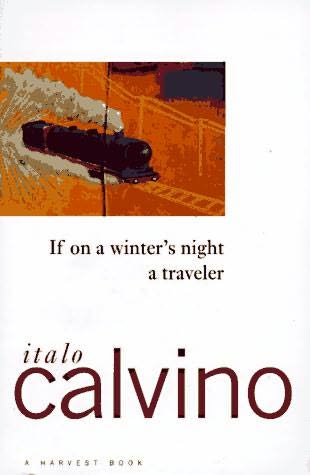The blog for SUNY Binghamton's Spring'09 COLI 214B 02 Literature and Society Class. Chapter summaries, analyses and discussion of prescribed texts written by students.
Showing posts with label Jorge Luis Borges- "Book of Sand". Show all posts
Showing posts with label Jorge Luis Borges- "Book of Sand". Show all posts
Sunday, May 3, 2009
Janie Cherestal
I found Borges’ “Book of Sand” to be one of his better short stories due to the fact that it was concise and to the point without any confusing symbolism. In the story, the narrator purchases a fascinating book with infinite pages from a peddler, but soon becomes horrified by the object and terribly paranoid that someone will steal it from him. Eventually, he decides that he must get rid of the book and decides that the safest place to lose it is in a giant library among countless volumes. I felt that the feature of an eerie book that drives its owner mad was pretty interesting and it was fun to read how strongly it effected the narrator. I was surprised that Borges did not end up killing off the narrator as he usually does to one of the characters in his stories, and wondered what Borges was trying to say about religion by having a Bible seller give the terrible book to the narrator.
Wednesday, April 29, 2009
Kristy Medina
When first reading the title, Book of Sand, you can immediately think Borges will write about religion (even though Borges is not predicative, he is really consistent with the topics he discusses.) And anyways, I thought about why the metaphor sand for a religious book like the Bible. When the 'seller' starts describing the book, like talking about the page numbers and how they don't go in order, I immediately thought of House of Leaves and how different and innovative authors can get with these books. Also similar to House of Leaves I thought about how the set up of the book would be if the pages do not go in order...like how it would be read and how to follow it. But then it is told that the book is called the book of sand because it has no beginning, middle, or end, so it wouldn't be coherent anyways. As a reader reading a mystery story (or what I would call mysterious) I tried to guess what would happen to the narrator after buying the book because I knew it wouldn't be good and I guessed right (sort-of). I knew it was going to bring the narrator bad luck of some sorts. The book actually did lead to something bad in the narrator's life. The obsession the narrator had reminded my of Navidson's obsession with the unknowing and it was coincidental how both characters lost the people closest to them because of this obsession. In the end, Borges again leaves us with a very interesting ending about how the narrator won't even enter the street in which he left the book (also how he wouldn't burn it because the fire would infinitely burn.) The short story anyways, is really really short just like House of Asterion. I liked it a lot.
Subscribe to:
Posts (Atom)





